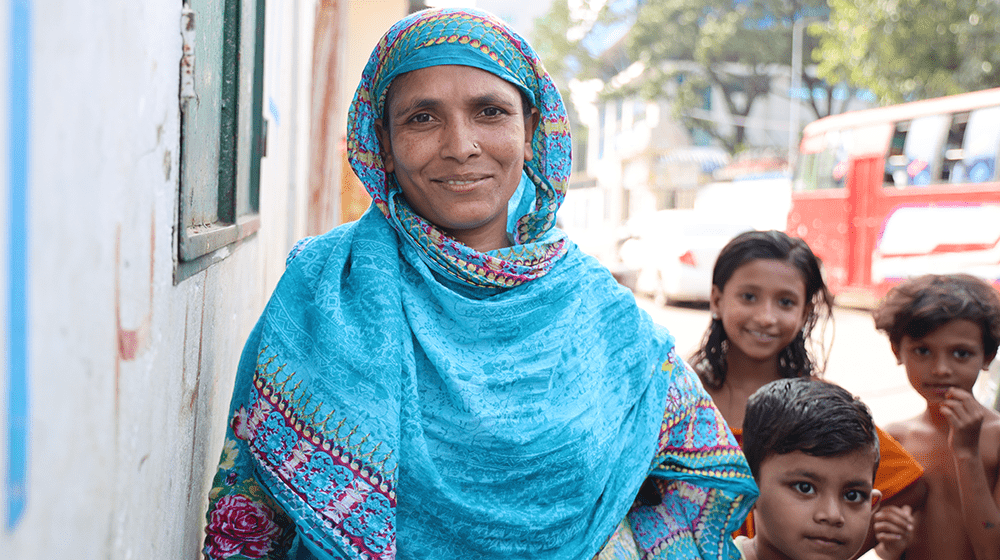The dignity of choice
How cash and vouchers are changing the way UNFPA reaches the most marginalized in Asia and the Pacific.
Twenty percent of all humanitarian aid is delivered through Cash and Voucher Assistance (CVA) globally and the share continues to grow. Cash or vouchers can provide crucial support to key populations and specific vulnerable groups in a more flexible, tailored and discreet way than other types of assistance. With cash, pregnant women, people living with HIV, youth and adolescents with specific needs, women and girls’ survivors or those at risk of Gender-based Violence (GBV), sex workers and other key populations that UNFPA serves, decide how to use the cash that they are given, in a people-centered way.
By offering more choice, cash and vouchers can be more inclusive than other forms of support and contribute to women and girls’ empowerment, transforming gender dynamics. It can be a tool to ensure more efficient use of limited resources as it can be more cost effective than procuring goods during emergency responses. Cash and vouchers is an approach that can contribute to bridging humanitarian and development programming.
This collection of stories showcases some of the ways UNFPA is expanding the use of cash and vouchers in our programming and profiles some of the people involved from design to implementation.
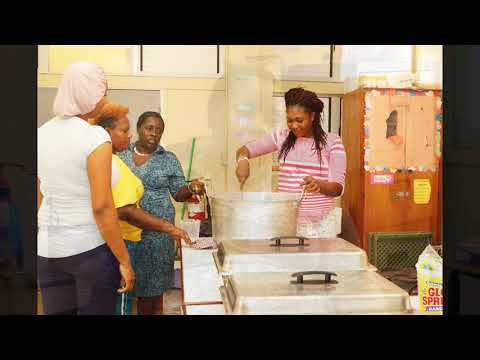
Indonesia: UNFPA works with Yayasan Kerti Praja, Rifka Annisa, and Provincial and District Health Offices to provide cash and voucher assistance to 300 pregnant women urgently needing life-saving reproductive health assistance in three post-disaster areas, Sleman (Yogyakarta), Lumajang (East Java), and Pasaman and West Pasaman Barat (West Sumatra). With the cash transfers, pregnant women are enabled to access life-saving maternal health interventions. Safa is one of the 300 women who received the cash assistance. She and her family had to flee their home when the Semeru volcano erupted. She was three months pregnant at that time. ©UNFPA Indonesia/Rahmi Dian Agustino LEARN MORE
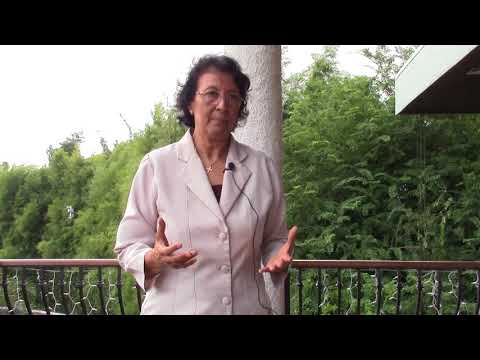
Philippines: "I could only do prenatal checkups after the typhoon,” says Joy, “I had to prioritize my family's basic needs, setting aside time and resources for my visits to the health center was a luxury I couldn't afford at that time." Joy is one of 1,500 women in the Caraga region who received cash for health assistance as part of UNFPA's integrated response for sexual and reproductive health and gender-based violence for the Typhoon Rai- affected communities. UNFPA’s cash assistance aims to alleviate the financial barriers which prevent pregnant and postpartum women and girls from seeking services to meet their sexual and reproductive health needs and gender-based violence prevention and response support. ©UNFPA Philippines LEARN MORE
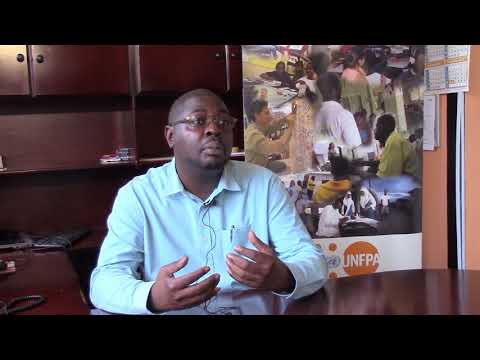
Sri Lanka: Lasanthika is a 22-year-old mother from Monaragala, who gets support from UNFPA's cash and voucher programme to assist with her healthcare, nutrition, and menstrual health needs. ©UNFPA Sri Lanka WATCH VIDEO
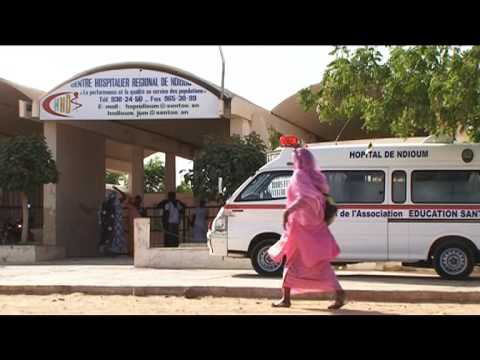
Myanmar: A project providing cash transfers for sex workers and other vulnerable populations expanded in 2021 and 2022 into Southern Shan State in eastern Myanmar, as well as the scope to reach vulnerable groups including men who have sex with men, transgender people and female sex workers. UNFPA support for static and mobile clinics helped expand access to health services in these areas. This year, more than 900 sex workers in southern Yangon and 1,050 men who have sex with men, transgender people and sex workers in southern Shan will receive cash transfers. The project helps everyone involved get improved access to essential sexual and reproductive health services. ©UNFPA Myanmar
![[Click and drag to move] Afghanistan: As the lead of the gender-based violence sub-cluster, UNFPA is working on GBV risk mitigation with cash actors at the inter-agency level to ensure that cash assistance takes into account access and privacy issues and does not create more harm. ©UNFPA Afghanistan READ MORE](/sites/default/files/oembed_thumbnails/HuX_41lLhupoGQ3YIEUC8xusnbov2z5fXnohnWAyac0.jpg)
Afghanistan: As the lead of the gender-based violence sub-cluster, UNFPA is working on gender-based violence risk mitigation with cash actors at the inter-agency level to ensure that cash assistance takes into account access and privacy issues and does not create more harm. ©UNFPA Afghanistan READ MORE
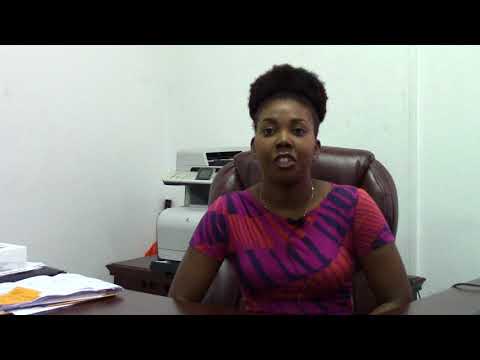
Indonesia: “When there is a disaster,” Oldri says, “we can change the platform into a model that can be adopted by the government to reach the most vulnerable and we can get people direct support with cash and voucher assistance.”
During the pandemic, Oldri Sherli Mukuan and her colleagues at UNFPA Indonesia started a cash assistance programme that targets women and young people living with HIV and women partnering with people living with HIV. The economic impact of COVID-19 and the unique vulnerabilities of these population groups created new barriers to access health services. The initiative provides direct cash transfers to help people get to the health centers for life-saving HIV treatment.
For people living with HIV, the extra funds help ensure safety and security. “They feel secure even though they have no money because they lost income and are coping with unemployment during a pandemic,” she says. “But having the cash is really a guarantee for them to access services in crisis situations.”
Oldri recalls how she met a woman and her daughter who were both living with HIV. They attended a workshop and shared how the project helped them. “Having a household where multiple family members are living with HIV, the cash helped them as an economic lifeline during the pandemic. The mum contributes money from the grant to be used for her daughter's education by buying books for her to go to school.” ©UNFPA Indonesia READ MORE
“Having the cash is really a guarantee for them to access services in crisis situations.”
- Oldri Sherli Mukuan, UNFPA Indonesia
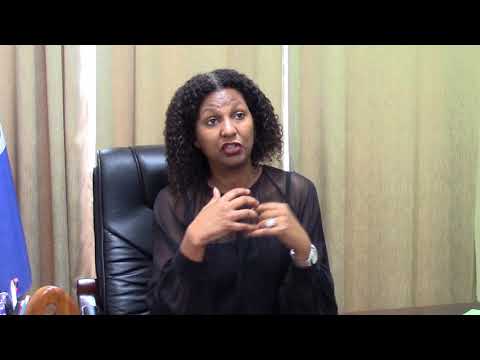
Indonesia: Liana is a female sex worker living with HIV. She is the national coordinator of OPSI (Organisasi Perubahan Sosial Indonesia), a national network of sex workers in Indonesia. Together with UNFPA, they are developing an innovative model for reaching female sex workers with HIV in Indonesia. During the pandemic, this approach helped reach more than 60,000 female sex workers with information on HIV prevention and treatment, mental health and COVID-19. ©UNFPA Indonesia READ MORE
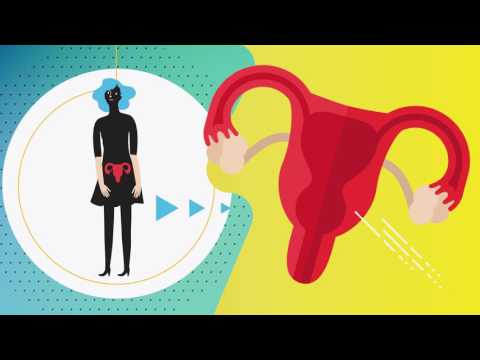
Bangladesh: UNFPA and the UN World Food Programme are piloting a digital platform using blockchain technology to deliver food, menstrual supplies and information through community shops in informal settlements in Dhaka. Each month, women and adolescent girls from targeted groups can redeem packets of disposable menstrual pads and food items from a shop near their home. The innovation fuses a cash and voucher model with a local grocery purchase to empower women and girls with choices when it comes to their menstrual health. ©UNFPA Bangladesh READ MORE
“Half of the shops that started this project did not sell any sanitary pads- now all of them have them."
-Iliza Azye, UNFPA Bangladesh
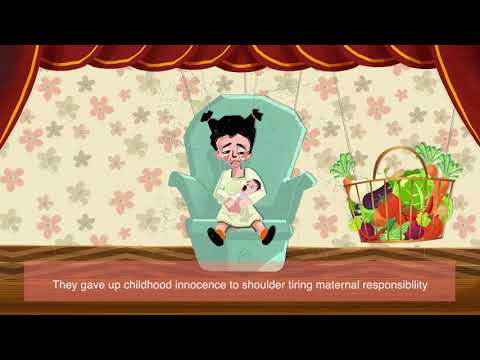
Philippines: As part of the humanitarian response to the internal conflict in the Lanao del Sur province, UNFPA Philippines implemented cash assistance as an incentive for pregnant women to access sexual and reproductive health (SRH) services. UNFPA and partners encouraged pregnant women to access antenatal care, facility-based delivery and post-natal care through a cash incentive and by having pregnant women partner with a traditional birth attendant. The project increased the number of women attending a first antenatal care visit from 31% to 96% and a first postnatal care visit from 38% to 87%, compared to the number of women using these services prior to the introduction of the cash assistance. UNFPA continues to provide cash for pregnant women in the Philippines, including in response to recent natural disasters, to ensure that women can access the health care they need to have a safe birth without financial barriers. ©UNFPA Philippines
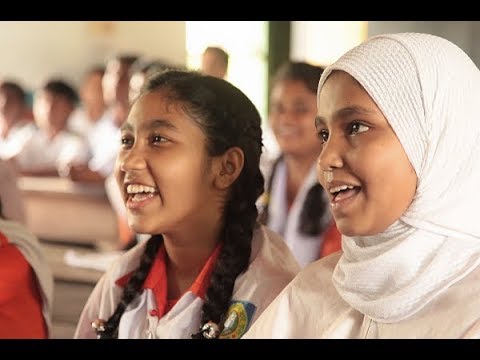
Cash and voucher assistance can be used to support populations before predictable crises occur, based on triggers: Nepal, the Philippines and Bangladesh successfully included cash and voucher assistance as part of their CERF Anticipatory Action projects in 2021 and 2022. They focused on cash assistance for the provision of emergency medical care for pregnant women, for GBV awareness raising and for GBV survivors.
In October 2022, the pre-agreed anticipatory action project was triggered in western Nepal ahead of the peak of floods. UNFPA delivered cash and voucher assistance to 53 pregnant women to ensure their sustained access to healthcare amidst the upcoming disaster. Developments in data and predictive analytics make it increasingly possible to anticipate when a disaster is about to strike and take necessary action in advance. This approach offers a potentially more dignified, swifter, and cost-effective way to respond to the humanitarian needs of vulnerable women and girls and other people caught in the global climate crisis. ©UNFPA Nepal
Learn more
Tipsheet: UNFPA Humanitarian Cash & Voucher Assistance Overview
Women And Girls Choose: Cash Assistance In GBV Case Management

